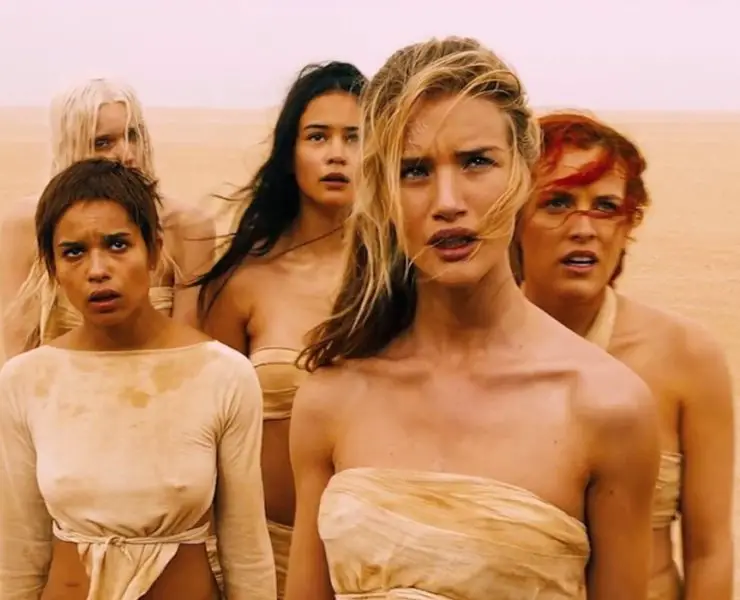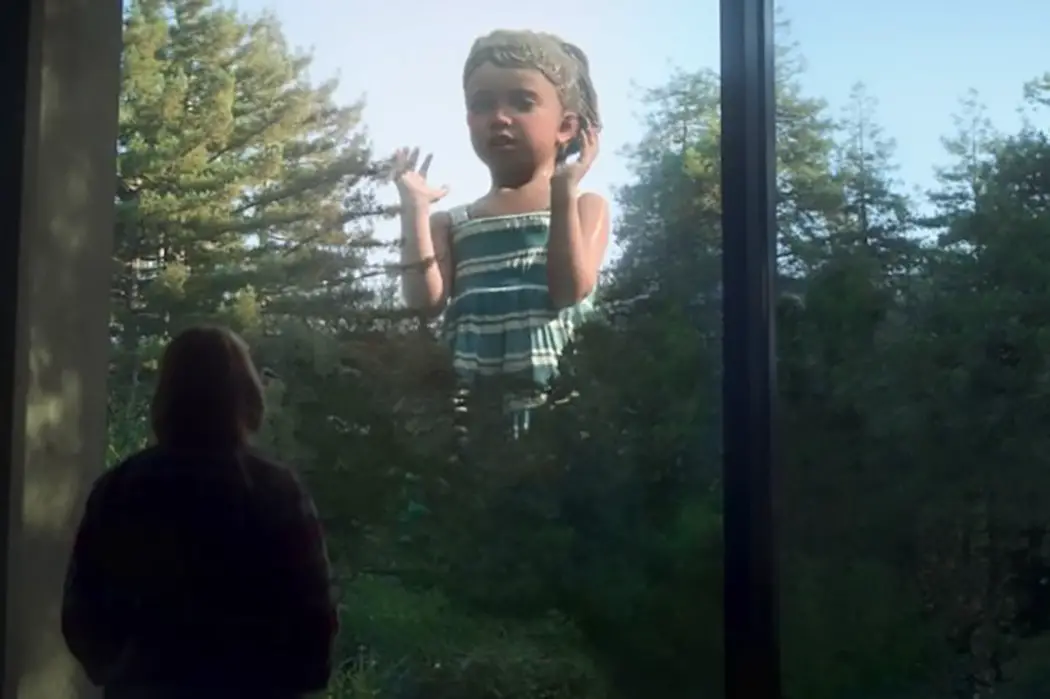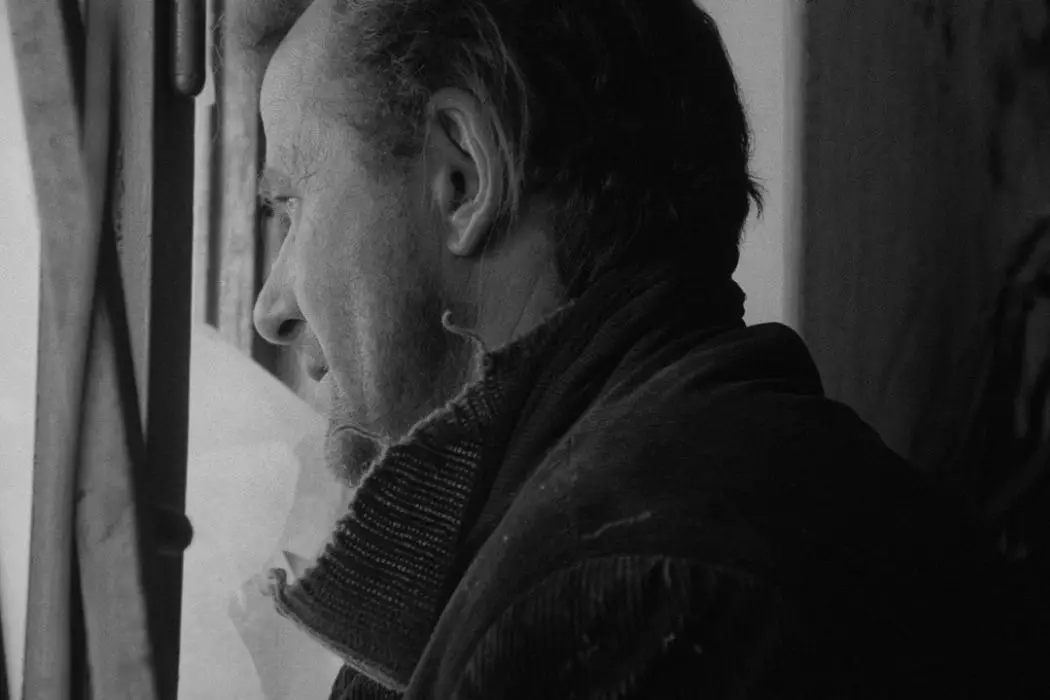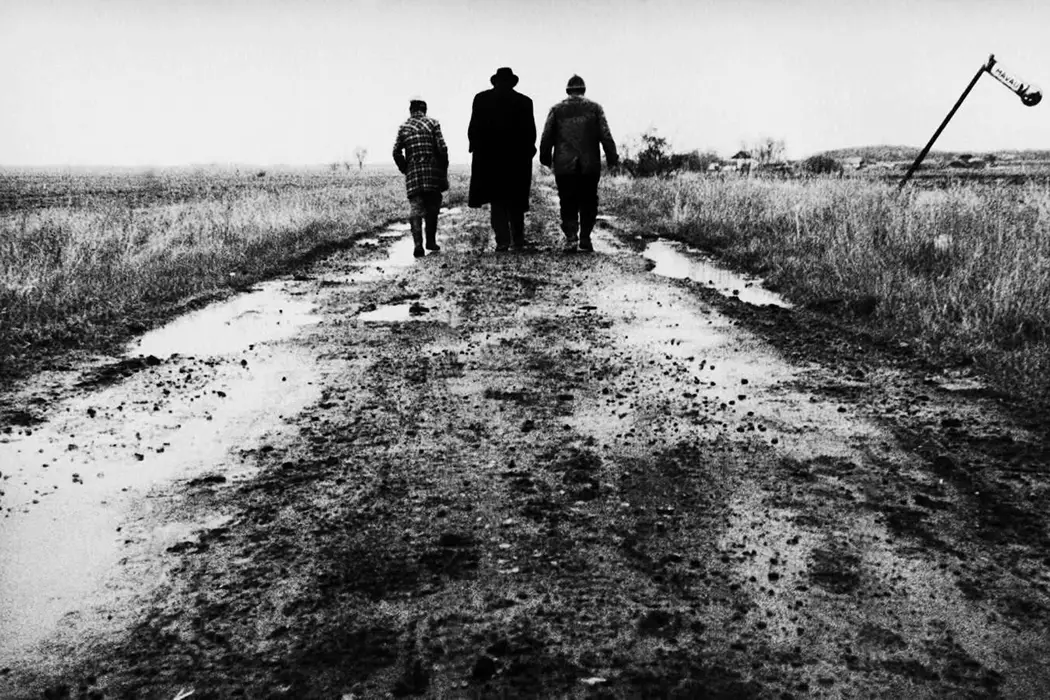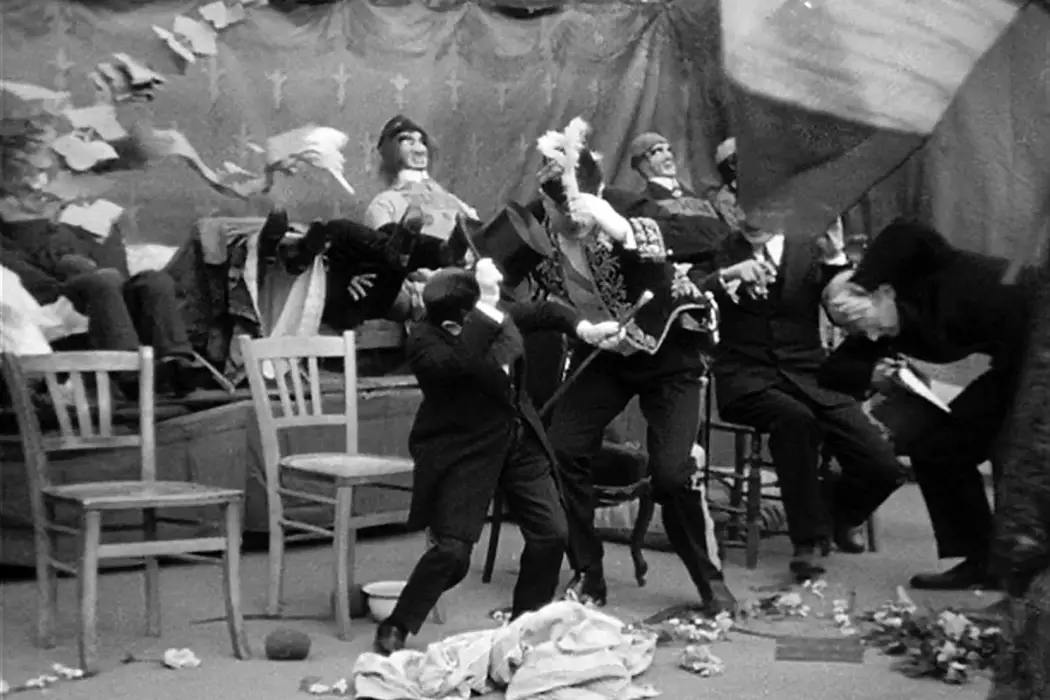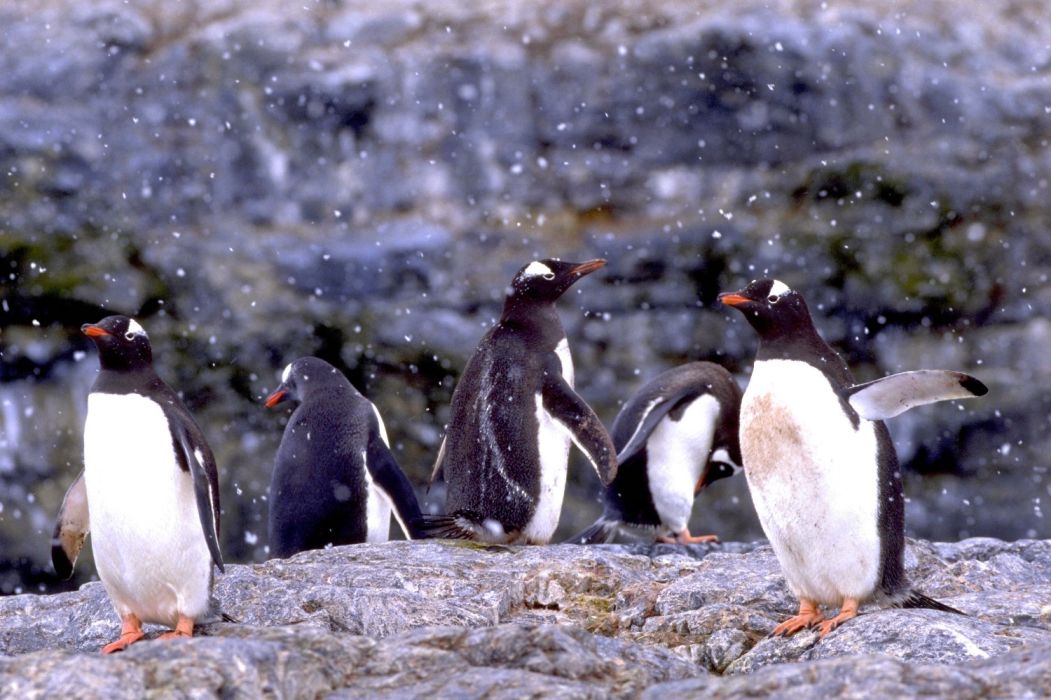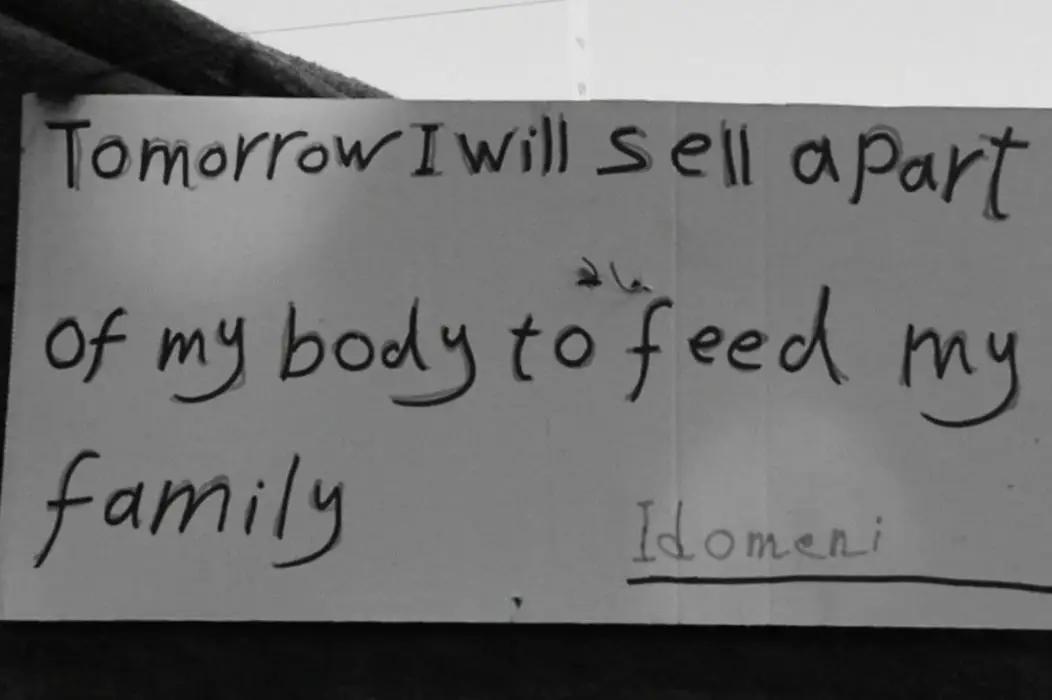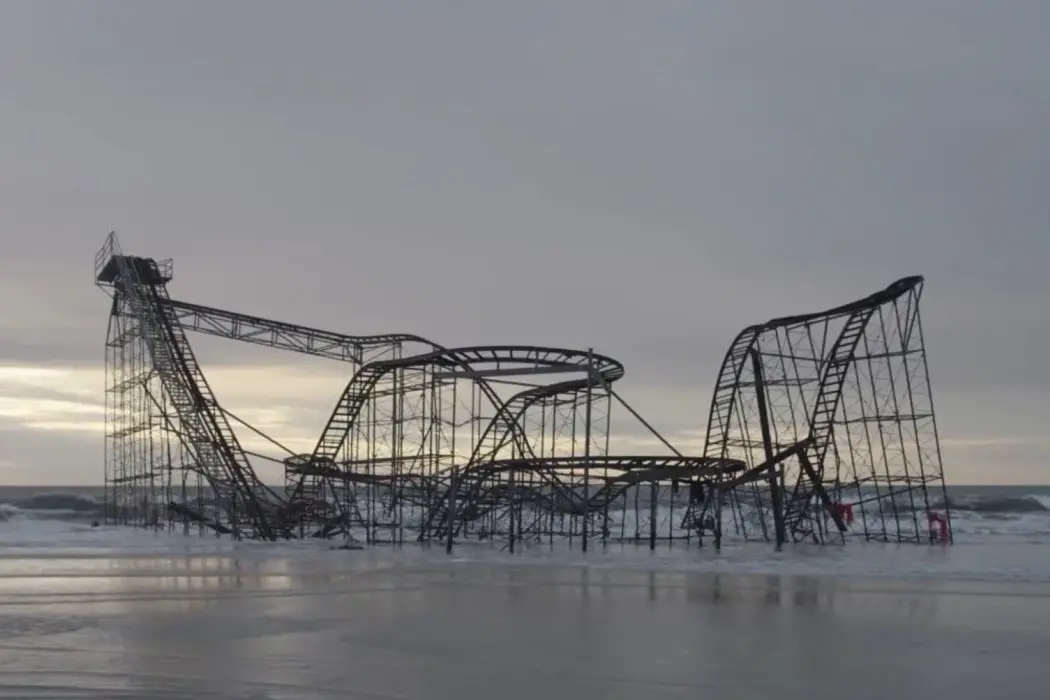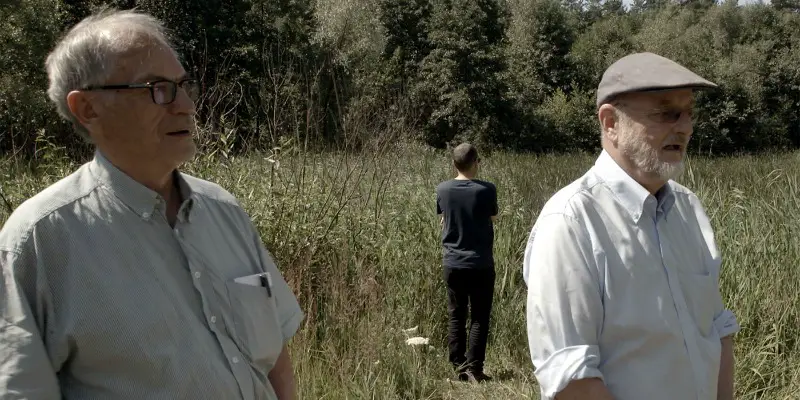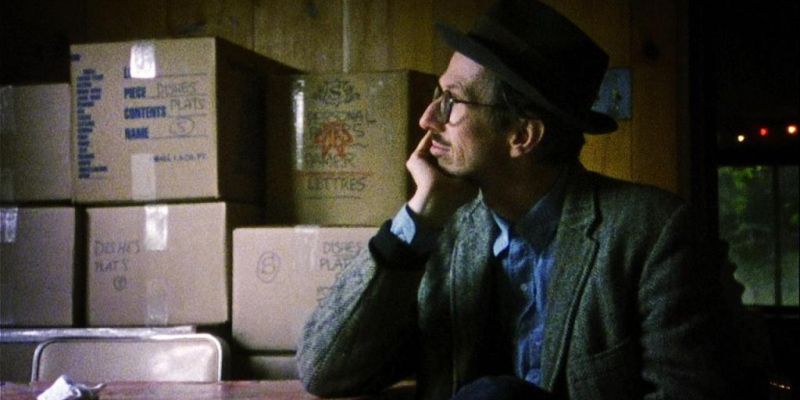humanity
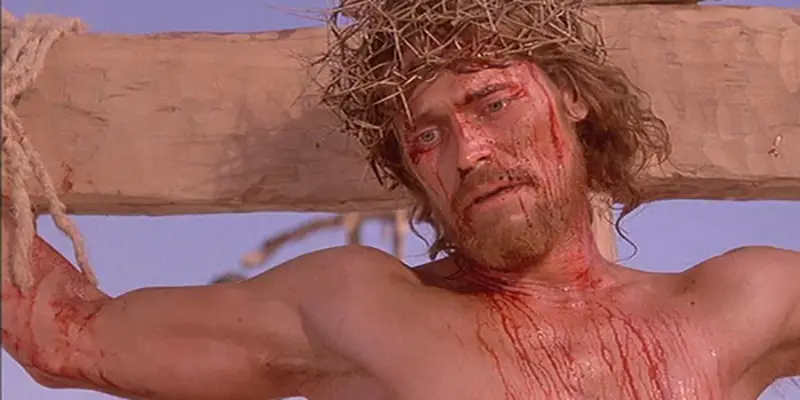
Religious figures and various saints have been on film since the birth of the medium. It can be tricky for a director to present the story of a venerated character, as they can mean many things to different people. In both Carl Theodor Dreyer’s The Passion of Joan of Arc and the Martin Scorsese picture The Last Temptation of Christ, the directors brought their own religious visions to screen, although not without controversy.
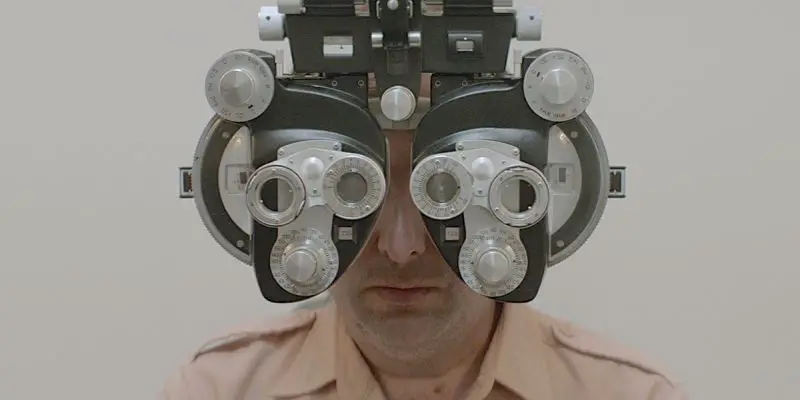
Comedy is a tricky thing; it’s hyper-subjective and typically draws from dark elements to create laughter. The search for one’s own comedy is thus, in a sense, the result of grappling some of the least desirable aspects of the human experience and wrangling it into something with a punchline. This is why the cliché of the “sad clown” is so prevalent and continues to be perpetuated to this day, such as with Marc Maron’s self-loathing diatribes and the tag posthumously attributed to Robin Williams.
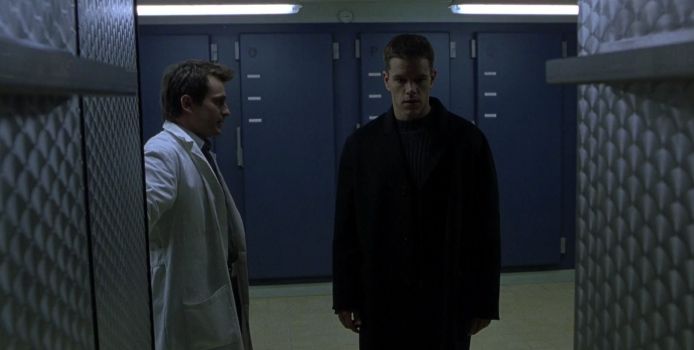
Near the conclusion of The Bourne Identity (2002), we find our hero, Jason Bourne (Matt Damon), taking refuge in a country farmhouse belonging to Eamon, the ex-boyfriend of Bourne’s hostage/lover/sexy barber Marie (Franke Potente). Bourne’s shadowy employers have dispatched a rival Treadstone assassin – known only as The Professor (Clive Owen) – to eliminate the threat posed by their malfunctioning asset. When Eamon’s son notices the family dog has gone missing, Bourne (preternaturally perceptive, as always) recognizes the portent.


